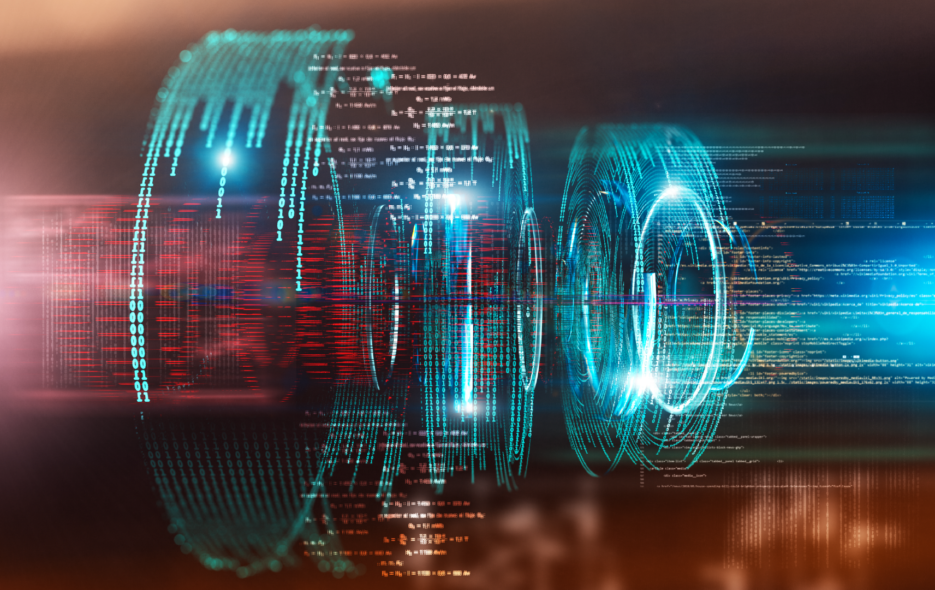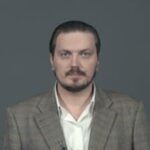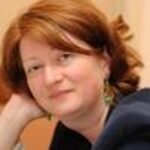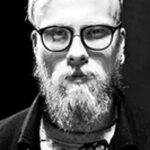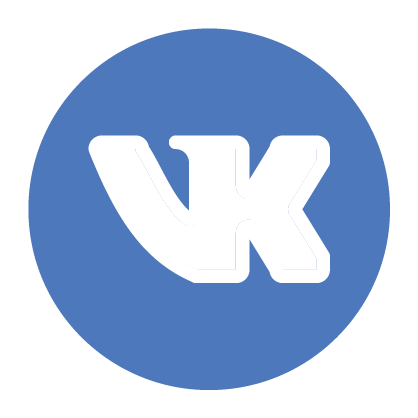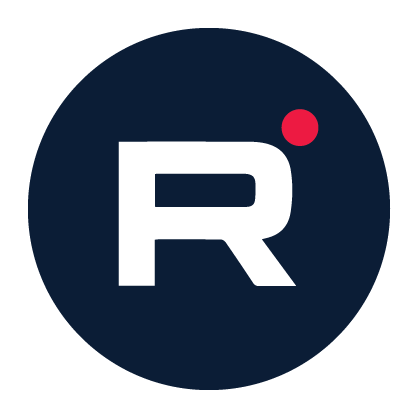Quantum Computing: from Basics to the Cutting Edge
The programme is designed for those computer scientists, engineers and programmers who believe that there’s something else than just HLL programming, that will move our computing power further into infinity.
The programme consists of four courses, and each of them will guide learners into a specific area in the world of quantum computing.
In Course 1, we will build a simple working quantum computer with our bare hands, and consider some algorithms, designed for bigger quantum computers which are not yet developed.
In Course 2, we will consider the basic ideas of quantum informatics, as well as the physical laws and basic mathematical principles. Much attention is paid to such phenomena as quantum entanglement, quantum parallelism, and quantum interference. It is these phenomena that underlie most of the known quantum protocols and algorithms, which are devoted to individual sections of this course. In particular, we will learn about quantum teleportation, quantum algorithms, quantum error correction and other topics related to the quantum computations theory.
In Course 3, we will concentrate more on how the mathematical model of quantum computing grows out from physics and experiment, while omitting most of the formulas (when possible) and rigorous proofs.
In Course 4, we will explore in detail the one-way quantum computing model. This model is one of the most promising in terms of practical implementation. You will understand what continuous-variable quantum computation is and how this type of computation differs from the usual computations with qubits. In addition, you will explore in detail the methods of quantum error correction that can be applied to all models of quantum computation.
Programme Format
The programme is taught online and includes recorded lectures, tests, and additional materials.
About the Programme
Course “The Introduction to Quantum Computing”
Module 1. Intro
Module 2. Mathematical Model of Quantum Computing
Module 3. Quantum Computer and Quantum Algorithms
Module 4. Shor’s Algorithm
Module 5. Grover’s Algorithm. A Quantum Computer Application Boundaries
Course “Physical Basics of Quantum Computation”
Module 1. Statistical Aspects of Quantum Mechanics
Module 2. Quantum Entanglement
Module 3. Classical and Quantum Logical Operations
Module 4. Distinctive Features of Quantum Computations
Module 5. Quantum Algorithms
Course “Quantum Computing. Less Formulas — More Understanding”
Module 1. Two Basic Questions
Module 2. The Origins of the Mathematical Model. Part 1
Module 3. The Origins of the Mathematical Model. Part 2
Module 4. The Language of Quantum Mechanics
Module 5. Quantum Cryptography and Teleportation
Course “One-way Quantum Computation”
Module 1. Quantum Computing: Modern Principles and Models
Module 2. One-way Computation in Discrete Variables
Module 3. Physical Systems in Continuous Variables
Module 4. One-way Computation in Continuous Variables
Module 5. Quantum Codes of Error Correction for One-way Computation
Entrance Requirements
To master the materials of the programme, knowledge of complex numbers and linear algebra is required.
Results
Upon completion of this programme you will know:
- the basic principles and underlying mechanisms of quantum computing;
- the structure of quantum computational models;
- the ideas behind quantum logic algorithms and protocols.
Upon completion of this programme you will be able to:
- compare classical and quantum computations;
- master the modern mathematical apparatus of quantum mechanics used in quantum computations;
- master the ideas that underlie the most important quantum logic algorithms and protocols for transmitting and processing quantum information.
Upon completion of this programme you will master the following skills:
- comparing classical and quantum computations;
- understanding of quantum parallelism;
- construction of quantum logic algorithms;
- designing of quantum computational models;
- computation with qubits;
- computation with continuous variables;
- quantum error correction.
Document
The certificate is issued upon completion of the graded tasks of the programme (tests).
-
Sergey Sysoev
Candidate of Physical and Mathematical Sciences -
Tatiana Golubeva
Doctor of Physical and Mathematical Sciences, professor of the Department of General Physics-1, Quantum Optics Laboratory -
Evgenii Vashukevich
Candidate of Physical and Mathematical Sciences, senior lecturer of the Department of General Physics-1, Quantum Optics Laboratory -
Юрий Михайлович Голубев
Доктор физико-математических наук, профессор кафедры Общей физики-1, Лаборатория Квантовой Оптики
